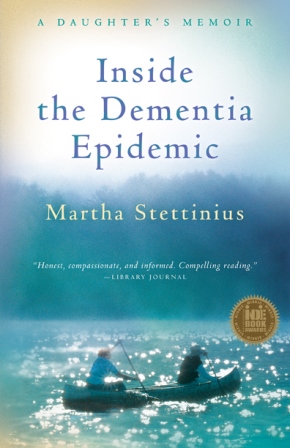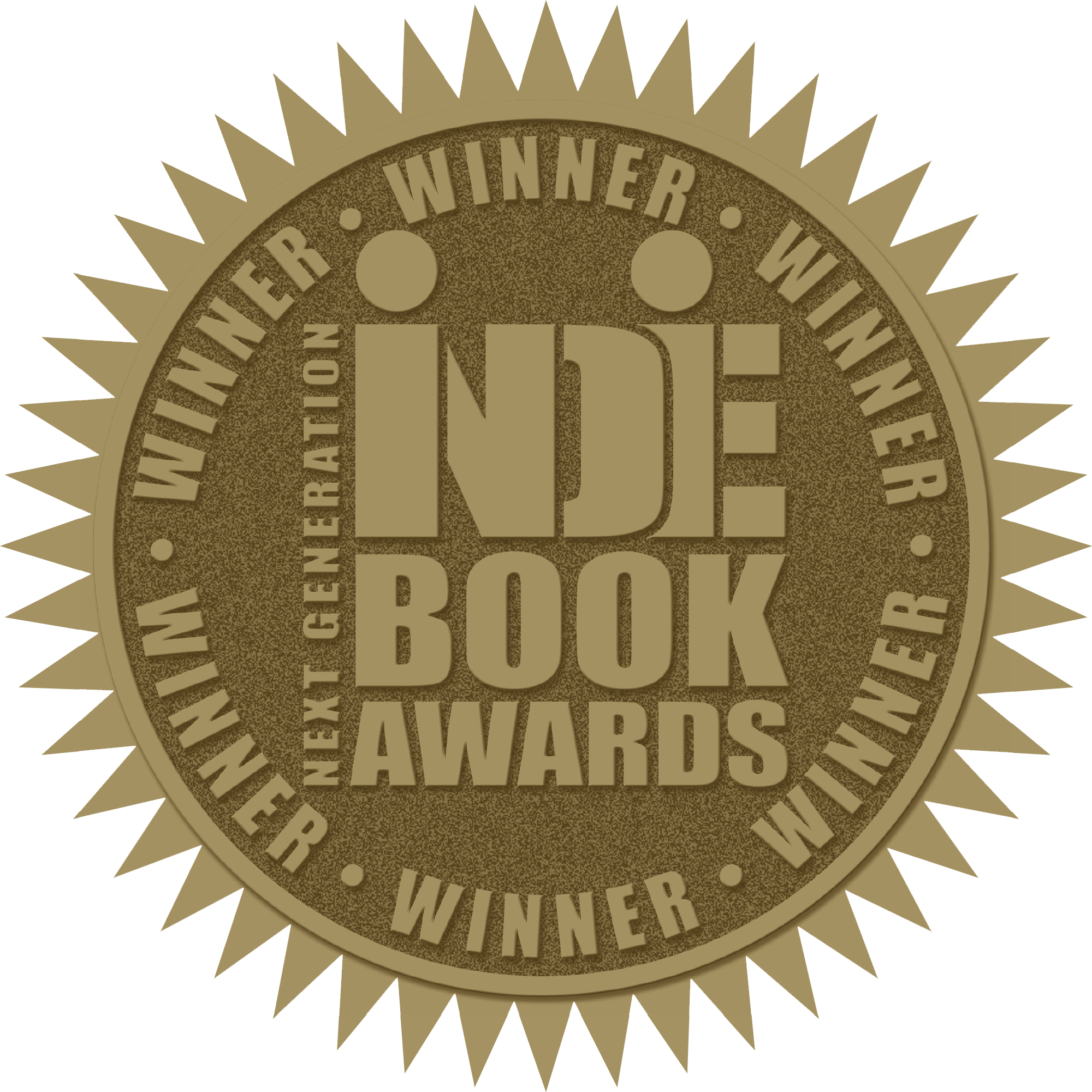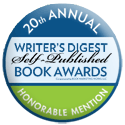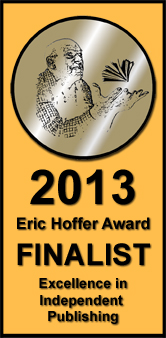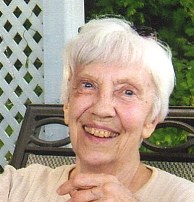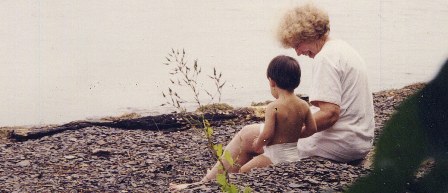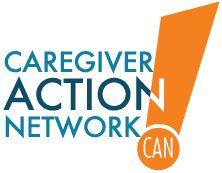Why You Should Watch "The Genius of Marian"
 Thursday, September 18, 2014 at 10:18PM
Thursday, September 18, 2014 at 10:18PM Lately a lot of my Alzheimer activist friends have been talking about the documentary "The Genius of Marian." It's a "must-see" they say. Tonight I understand why. If you know anyone with Alzheimer's disease, I encourage you to click on this link to download the video. Pour yourself a glass of wine or a cup of hot chocolate, grab a box of tissues (or the arm of a loved one) and settle onto the couch for one of the most moving films I've seen in a while. "The Genius of Marian" is showing in select theaters across the country, but is also available to stream free via PBS through October 8th.
Watch the trailer:
And here is an excerpt of the description of the film from its website:
"'The Genius of Marian" is an intimate and courageous portrait of filmmaker Banker White's 61-year-old mother, who is struggling with early-onset Alzheimer's disease. As importantly, it is a film in which paintings, home movies, photos and current footage come together to depict a family afflicted with Alzheimer's in two generations — and fighting to cope with loss while holding on to its collective memory.
"Pam White, whose mother, Marian, died of Alzheimer's, is the center of this story and the family, even as the disease drains her memories and alters her personality. Yet, somehow, through all the comic and tragic incidents that mark the illness's inexorable progress, Pam, her husband and her kids, find something in themselves, as a family, that can't be taken away. Even late in the film, in a lucid moment, Pam says, 'This doesn't really change anything.'
'The Genius of Marian' follows Pam's struggles, from early episodes of word fumbling that seem almost funny and attempts to hide 'memory issues,' to more serious states of confusion and distress, emotional outbursts and increasingly quarrelsome resistance to her care—and caregivers. Then comes helplessness in everyday tasks. Ed, to whom she's been married for 40 years, patiently bears the brunt of the care and his wife's frustrations. He manages by remembering 'the phenomenal life she’s given me.' In addition to Pam's eldest son, Banker, her son Luke and her daughter, Devon, and Devon’s own young family all pitch in to help Pam hold on to as much as she can for as long as she can." 'The Genius of Marian' offers special insight into how, for Pam and her family, the struggle is not only to cope with the physical realities of Alzheimer's, but also not to let the disease psychologically overwhelm them. They know Alzheimer's ultimately will take Pam, but they won't let the disease define their memories of her or of the ways they have been blessed by her presence. White's film, like his mother's book, is about an amazing woman. She, too, cannot be forgotten.
" 'I have been making documentary films for more than a decade, and each project has been deeply important to me in its own way,' says director Banker White. ''The Genius of Marian' is the most personal and challenging project I have ever undertaken. I approached this film both as a loving son and as a patient observer.
" 'On the surface, the film is about my family's effort to come to terms with the changes Alzheimer's disease brings. But it is also a meditation on the meaning of family, the power of art and the beautiful and painful ways we cope with illness and loss. The last few years have been a roller coaster of emotions, filled with frustration, sadness, joy and celebration..."
 I found that Pam reminded me of my mother, Judy, left, when Mom was about age 76, four years before she died, when she could still talk but often could not find the right words, when she no longer read (she had always been a big reader), and needed more and more help with day-to-day activities like getting dressed and brushing her hair. Part of what is so poignant about "The Genius of Marian" is that Pam was so much younger than Mom when she reached that stage.
I found that Pam reminded me of my mother, Judy, left, when Mom was about age 76, four years before she died, when she could still talk but often could not find the right words, when she no longer read (she had always been a big reader), and needed more and more help with day-to-day activities like getting dressed and brushing her hair. Part of what is so poignant about "The Genius of Marian" is that Pam was so much younger than Mom when she reached that stage.
The film also made me realize that for many families, Alzheimer's disease is truly "a long good-bye," as it's often called, and not, as it was for me and Mom, a "long hello." In this film you can see how Pam's loving family is losing her day by day, but for Mom and me caregiving was a chance for us to grow closer, to mend our challenging history together.
It has now been two years since my book came out, and I realize that the experience of the family in "The Genius of Marian" may be more typical than my own experience--especially for families affected by young-onset Alzheimer's disease (before age 65). I still believe that many moments of joy can remain, but I understand better now the devastation of this disease. Yes, the person remains "in there" to some extent, and you can connect with them as the family in this film tries to do, but watching the gradual loss over years and years of the person's talents and vitality takes a dreadful toll on everyone around them.
Again, you may download the entire documentary here until October 8th, order the DVD, or watch it in select theaters. It's a stunning work of art. Enjoy.





